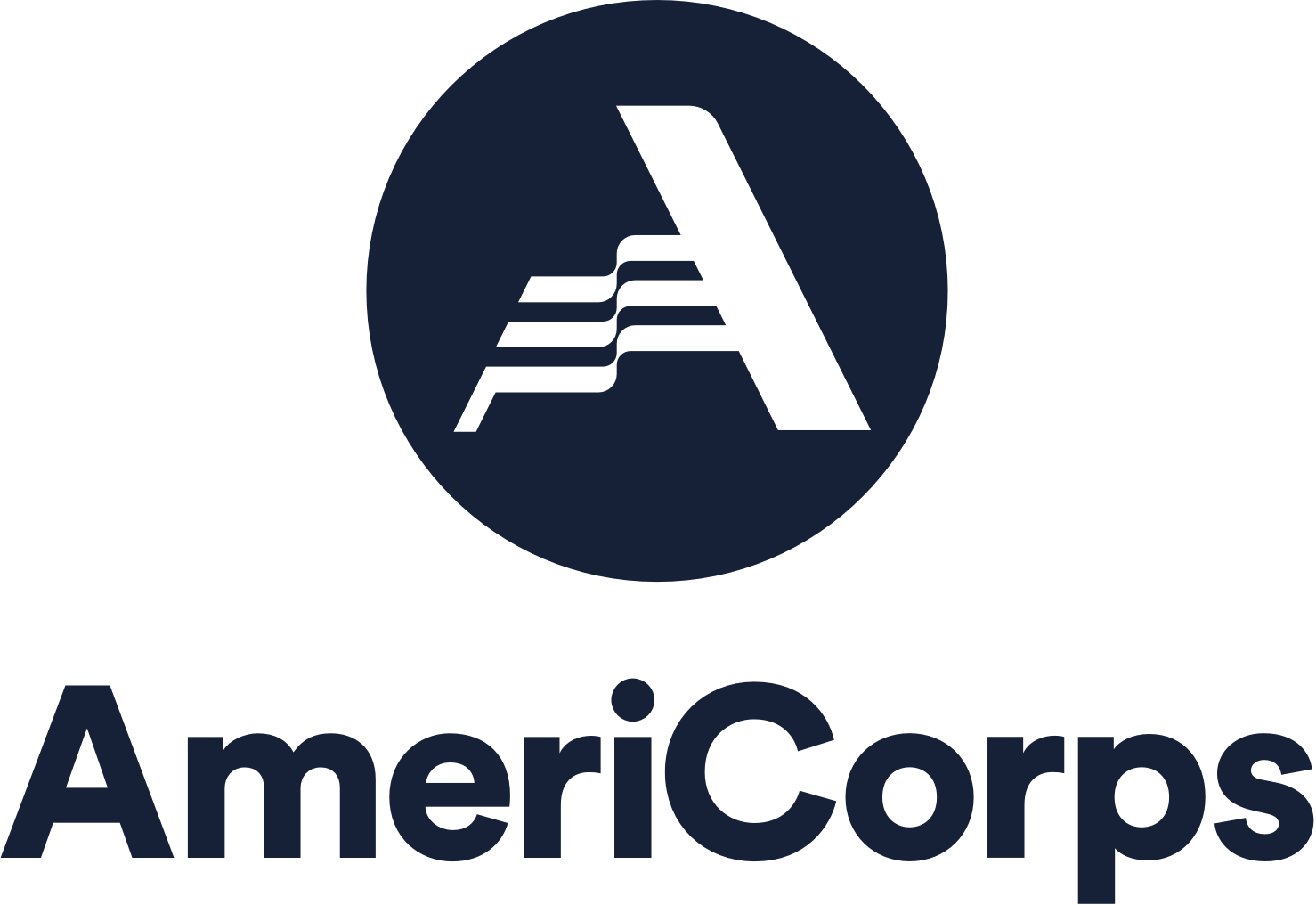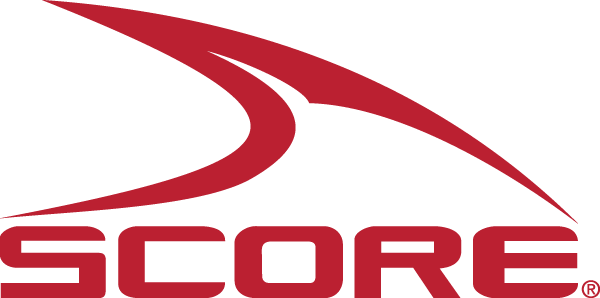By School-to-School International
Up2Us Sports is encouraging undeserved youth in cities across America to make positive life choices through its Sports-Based Youth Development Program. Up2Us Sports harnesses the power of sports to ultimately reduce youth violence, promote health, and inspire academic success. School-to-School International had the opportunity to collaborate with the New York-based organization to help measure the extent to which their programming is instilling healthy choice attributes in participants.
Research has shown a correlation between certain attributes in young people and the types of life choices they make. In fact, eight “High Impact Attributes” have been isolated as key predictors of future healthy decision-making in youth: Self-Awareness, Positive Identity, Situational Awareness, Plan B Thinking, Future Focus, Discipline, Social Confidence, and Prosocial Connections. Up2Us Sports uses these eight High Impact Attributes as a scale to measure the success of its Coach Across America program.
STS assisted Up2Us Sports in producing annual surveys to study changes in youth before and after participating in Coach Across America programs. Tools for surveying youth in two different age groups were piloted. STS used widely accepted techniques of quantitative statistical analysis to analyze the pilot test results and ensure the survey design would produce reliable results. In addition to the eight High Impact Attributes, STS recommended the inclusion of a Global Well-Being1 scale, an overall predictor of social and emotional health.
We hope this work will help Up2Us Sports in establishing accurate linkages between their Sports-Based Youth Development Programs and healthy decision-making attributes in youth participants.
- The items used in this survey are based on the well-being scale in Gallup’s publicly available survey items.





![[WATCH] Morgan Stanley Innovation Awards Features Up2Us Sports](https://images.squarespace-cdn.com/content/v1/58bddd12e58c6278e8a670e2/551e2744-c233-46e6-850d-bac0223d8f13/MHA+Innovation+Feb+2023+1.jpg)













 Join Up2Us Sports on Wednesday, June 3rd to celebrate five years of creating change through sports and to honor Little League Star, Mo'ne Davis and her coach Steve Bandura. During this event, we will celebrate the power of youth sports coaches and for the first time, honor a military veteran as our Coach of the Year.
Join Up2Us Sports on Wednesday, June 3rd to celebrate five years of creating change through sports and to honor Little League Star, Mo'ne Davis and her coach Steve Bandura. During this event, we will celebrate the power of youth sports coaches and for the first time, honor a military veteran as our Coach of the Year.


















